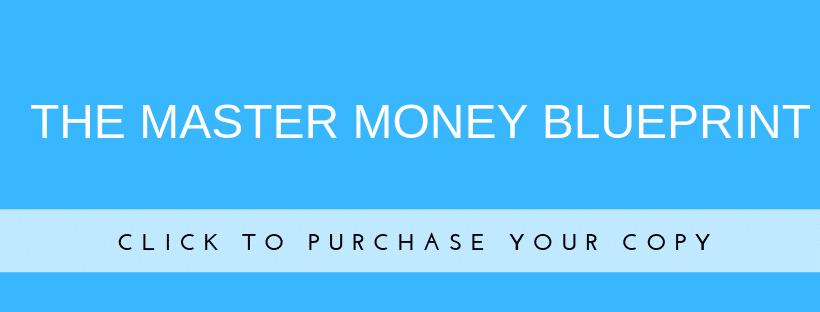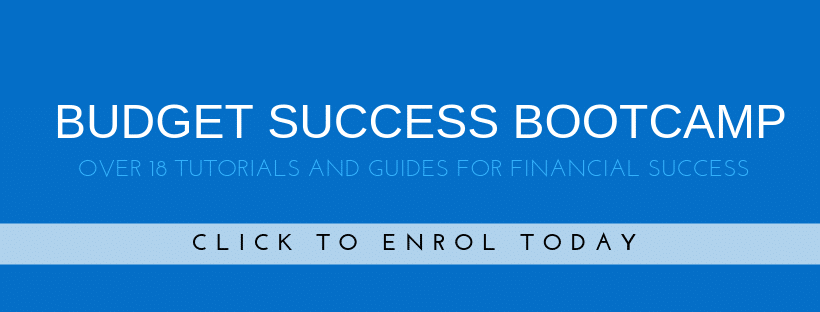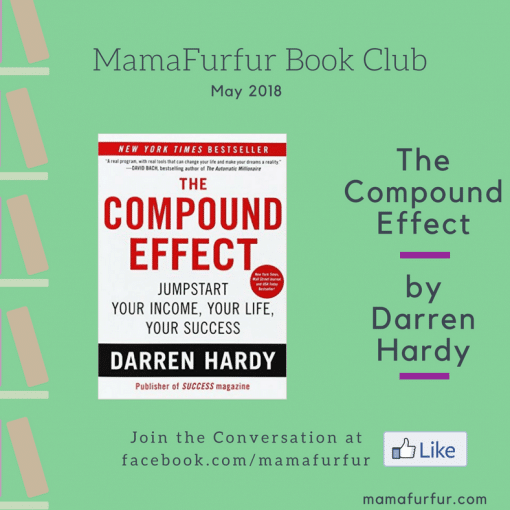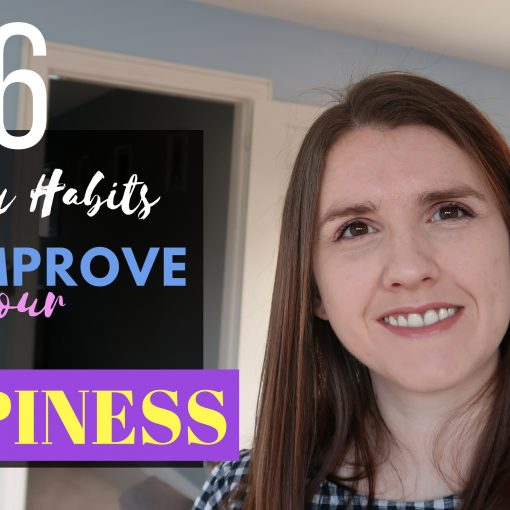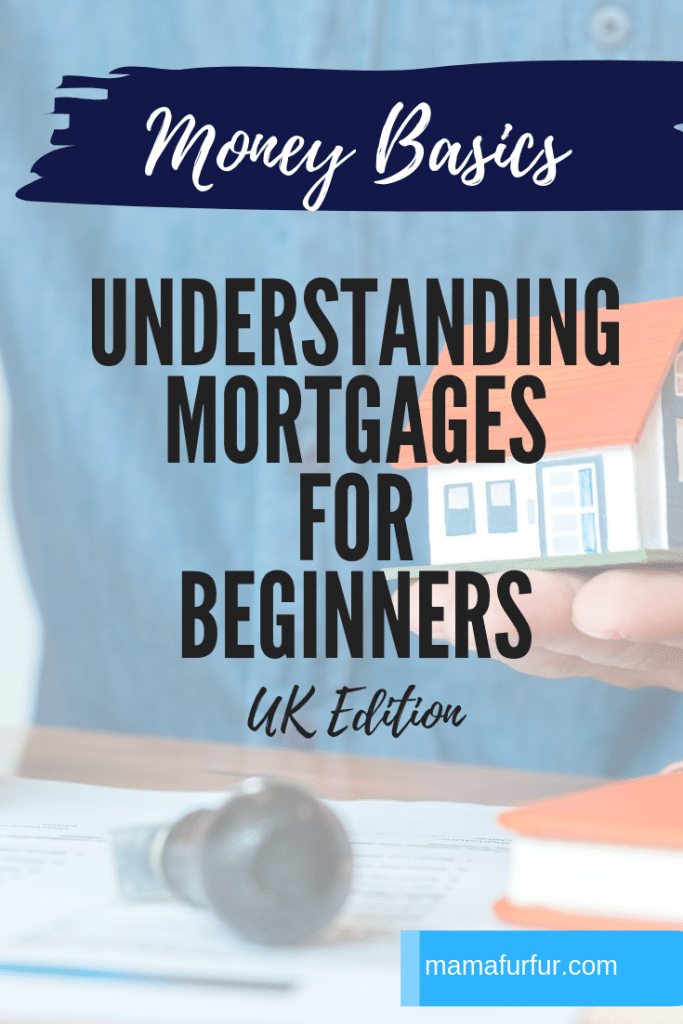 One of the building blocks of achieving financial security is owning your own home, that way even if nothing else you know you are safe and comfortable regardless of what else life might have in store for you.
One of the building blocks of achieving financial security is owning your own home, that way even if nothing else you know you are safe and comfortable regardless of what else life might have in store for you.
The world of mortgages and the many different terms thrown about can be confusing, especially if you are applying for your first ever mortgage for a home, so here are the basic terms and concepts that could be useful so you understand what you are doing with this important loan decision.
What is a mortgage?
Simply put a mortgage is a large loan borrowed from a bank or building society usually that allows you to cover the cost of buying a home. The total amount you pay back for the loan is made up of two parts – the Principal (Loan amount borrowed) and Interest (charges for the bank allowing you to borrow the money for the years to pay it off).
You can take out mortgages for up to 35 years usually, based on circumstance and age when applying but for most people they would look to a 25 year mortgage as the standard if you are buying your first mortgage in your thirties. This is to allow enough time to pay it off fully whilst potentially still working full time and healthy to work.
You can hold a mortgage on your own, or a joint mortgage shared with anyone person such as your partner.
Ideally you should save an amount to make a deposit for your home, this could be up to 25% usually of the amount to be paid for the home at time of purchasing as a key concept called “Loan to Value” ratio is important when the banks or lending provider decide on the mortgage interest rates and products they will consider for you. If your deposit is small, around 0-5% of the home value, then your mortgage offered will be some of the highest interest rates compared to someone who can provide up to 40% of the home as a deposit (perhaps from the sale of a previous home for example).
What types of mortgages are available?
There is a whole host of mortgages available in the UK for first time buyers; those with poor credit currently (find out how to improve your credit score here in one of my posts); Help to Buy where the Government and potentially the home builder will help fund some of the money required; self-employed people who might have difficulty proving regular income amounts; Buy to Let mortgages for those looking to rent out the property and so on.
The two main types of mortgages though fall under the “Repayment” and “Interest only” concept.
In a Repayment Mortgage you are making regularly monthly payments to the loan that include paying off the loan amount itself plus part of the interest payment for the loan term.
With a mortgage, the way the bank or lending makes money from lending to you is via the interest rates charges and therefore they will use a process where more of the monthly amount paid every month at the start of your loan goes towards the total interest due for the loan over the life of it.
This is because the bank/lending provider understand that as time goes on with a loan, and the amount due becomes smaller, most people will look to pay it off quickly that first thought and so in order to ensure as much of the “profit” of the loan is made – most of your monthly payments at the start (roughly 85-90%) will be purely covering interest payments rather than paying off your mortgage loan.
Interest Only Mortgages mean that the monthly amount you pay off each month will only cover the interest due for borrowing the money and at the end of the loan term (say 25 years) you will still need to pay off the loan in full or take out a new mortgage to cover the amount due.
The balance of the loan will not decrease over time unlike a repayment mortgage.
Don’t forget additional fees within your mortgage too!
It is important to be aware of many of the Terms and Conditions of the mortgage before you agree to take the loan out.
For example, you will likely have Product and Set up fees as part of the mortgage, Early repayment charges (penalties applied if you pay off your mortgage quicker than the bank would like) and exit fees (closing down your mortgage completely).
Most mortgages allow you to make some level of over payment, additional money paid to the loan on top of your required monthly amount due, and I strongly encourage if you can afford it to do this.
Why Mortgage rates matter?
Outside of how much you need to borrow, the interest rate that you are charged for the privilege will be the critical factor in how much per month you need to pay towards your mortgage.
The interest rate can be set in a few ways – some allow for the rate (and monthly amount) to be fixed for a number of years, and some may cause your monthly mortgage amount to vary quite dramatically with next to no notice. It is important to understand how your interest rate is being set and what method is being used so you know what the lending company will expect from you as a payment every month.
It is vital that you can afford the monthly payments for your mortgage without fail, as with just one month missed payment in some way this will mean that the property is at risk of being taken from you. Until the loan is pay off in full, it remains the property of the lending company and we must remember that the monthly amount we are comfortable with now might not be the amount we need to pay in the future.
Two rates are generally used as a base mark for mortgage interest rates – the Bank of England Base Rate which is how much interest this bank lends out money to the banks and lending companies themselves; and then the Lender’s Standard Variable Rate (SVR) which is a set amount that the lender will normally charge all borrowers unless they have set terms otherwise.
Fixed Rate terms – this means that for a set amount of time say two, five of ten years the mortgage interest rate will be fixed and therefore your monthly amount due will also be fixed.
It will not go up or down depending on any changes from the Bank of England Base Rate or Lender’s SVR. Typically though this rates will be one of the highest to guarantee the consistent payments in our budgets, but this type of mortgage does allow for you to budget without the risk of sudden increases to the amount required.
The drawback being of course that should the rates go down, you cannot benefit from those with your money amounts as you are locked in for that time period with the repayment plan.
There will usually be over payment restrictions, usually up to 10% every year of the total amount still due, and early repayment fees should you complete the mortgage quicker than the terms you agreed to when taking out the fixed rate mortgage.
Standard Variable Rate – this can go up or down monthly depending on the lender you are with, and for that reason your payments will potentially vary every few months.
The rate loosely follows the Bank of England rate at the time, however there is no guarantee that any changes to the base rate will mean a change in your SVR.
This means that the country’s economy can affect the rate of your mortgage, for example if the base rate goes up by 0.5% the lender SVR could go up by 0.5-3% instead.
The positives of this mortgage are there will be no early repayment fees associated as you are not locked into a fixed interest rate, however the drawback being though that your monthly payment rate can change without any warning and vary as often as the SVR changes.
This can obviously put pressure on your finances if you do not have enough of a buffer within your payments to allow for that variation.
Tracker Rate – this mortgage rate will go up or down based on the Bank of England Base rate but the amount charged will be tracked at say 2% above that economic marker for the term you agree to. Usually tracker mortgages are for a set period of time and then you move to the lender’s SVR rate instead. This means that should the base rate go down, you benefit from lower payments but potentially if the economy changes suddenly you could face higher charges for a lower period of time.
Discount rate – this is similar to SVR however the lender will offer you a discount on the rate for example if the SVR is 5% and discount being agreed over the mortgage is 2% then your mortgage payment would be charged at 3%. If the SVR changes, then your interest rate will change also keeping in line with the discount agreed for the term. This means of course that you will benefit if the SVR goes down but drawback being if the SVR goes up you will also have a change in your rate, even though it will be lower than a normal SVR mortgage.
Which mortgage should you choose?
If you can afford flexibility in your monthly payments and want to make uncapped amounts of over payments, then likely a SVR, Tracker or Discount mortgage is the best way to go keeping in mind that the rates can increase as well as decrease as short term notice.
If you would prefer to lock down your payments with some security, but keep over payments to a minimum – then a fixed rate mortgage will work out best overall.
You might find my blog post and video regarding Paying off your Mortgage early really useful here too:
Not enough money left over each month or barely enough to last you post the few few weeks?
With my Tried and Tested Principles, we can change your financial life around completely in just 1 week.

